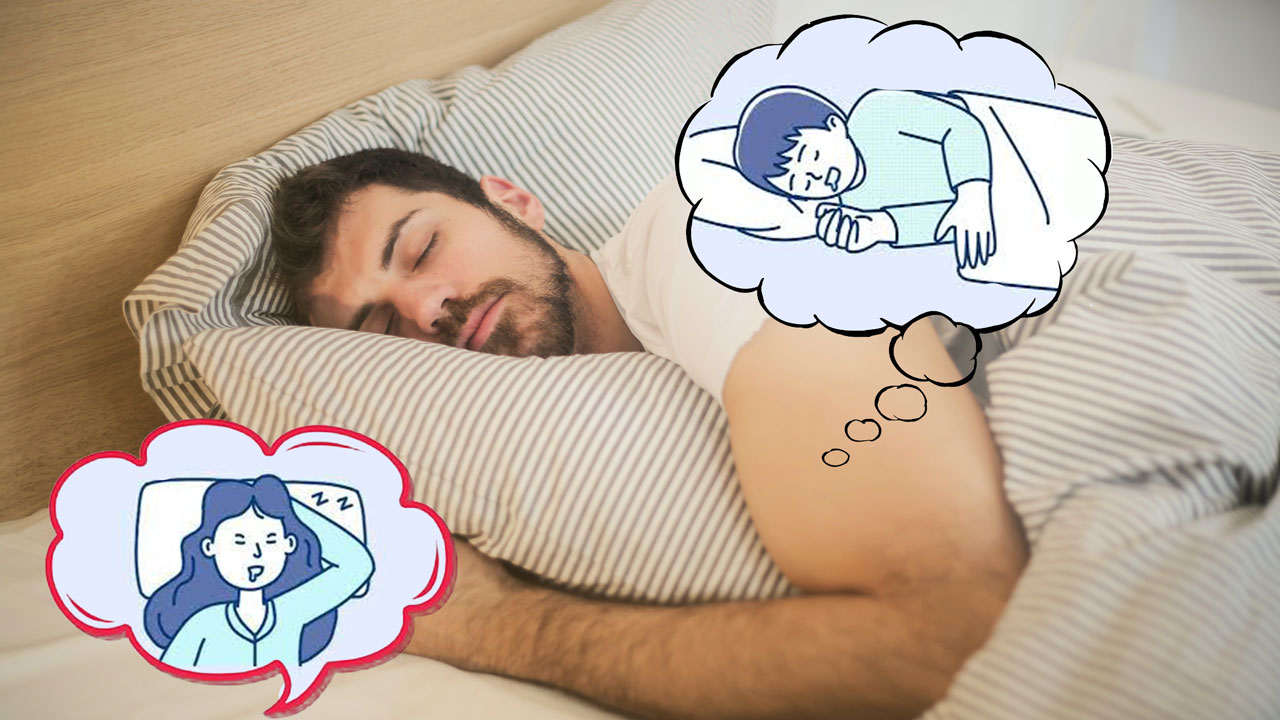Why Do I Drool While I Sleep? The Answers and Causes of This Embarrassing Disorder
If you’ve ever wondered, “Why do I drool while I sleep?” this article has all the answers to your questions and could provide insights into your health that you may not be aware of.

Why do I drool while I sleep?
Nocturnal hypersalivation, a common condition, can be quite bothersome and even embarrassing. The mouth produces more saliva than expected, which tends to accumulate on your pillow while sleeping since your facial muscles are fully relaxed at night. Realizing that in the morning, our pillow is wet with saliva naturally makes us ask ourselves, “Why do I drool while I sleep?”
However, the answer is not always straightforward, and the causes could have various origins. Some of the causes could be:
- Nasal congestion
- Hiatal hernia
- Pancreatitis
- Multiple sclerosis
- Bell’s palsy
Let’s explore what it is and when we should be concerned.
If it depends on your sleeping position
It may happen that you have disturbed sleep, and the sleeping position you’re accustomed to can certainly contribute to the issue of drooling during the night. Your sleeping habits and posture can play a role in this problem.
Try to avoid lying on your side or in a prone position and instead prefer lying on your back (supine position). Also, keep your head slightly elevated above the rest of your body.

Sleep apnea is another significant factor that can lead to hypersalivation during sleep. If you experience sudden awakenings with gasping for breath or if your partner notices that you often hold your breath in your sleep, it’s essential to schedule a visit with your doctor immediately.
It might be a sign of a neurological disorder
What does saliva have to do with neurological problems? When you don’t have complete control of your muscles, particularly in the face, you may find yourself dealing with a nervous system disorder. For example, Parkinson’s disease is an example of this.
Stroke and multiple sclerosis can also lead to the manifestation of this disorder, as they both affect nerve and muscle control, leading to problems with saliva management.
Be cautious with certain medications
Certain medications, as indicated in their contraindications, can cause increased saliva production, which may temporarily lead to the appearance of the disorder.

Some antibiotics and antidepressants, for instance, are among the medications that can lead to increased saliva production and, consequently, this disorder. If you’re taking medications, it’s essential to read the accompanying leaflet to be aware of potential side effects and discuss any concerns with your doctor.





